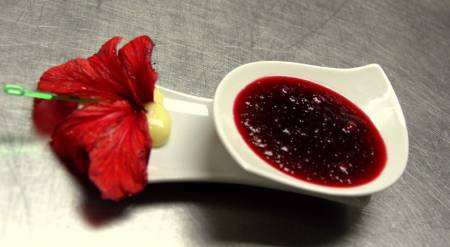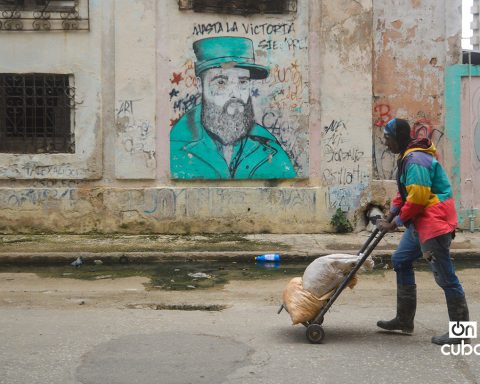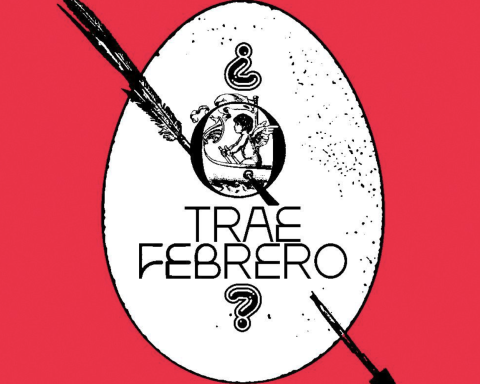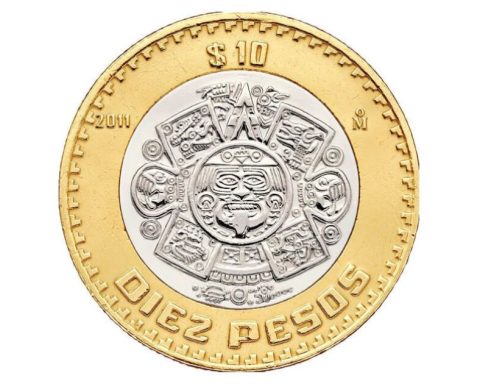CDMX, Mexico-. For Cubans, getting food every day has practically become a hunting exercise. The images of the endless queues, the empty stores and the few products in MLC are continuous on the island, where having a glass of milk is an unthinkable luxury. That’s not to mention a piece of red meat. Although it is no longer penalized, it is still a ghost that few know or manage to remember the taste on their palate.
The difficulty in getting food has reached the point that Cuban parents have denounced on social networks that they have no way to get a snack for their children to go to school. Or that they have to choose which one is given food and which one is denied, because there is only one for one. In this chaotic scenario that Cuban men and women suffer, disrespectful publications by official media have not been lacking. These have dared to suggest to the people that they eat what their leaders do not eat.
Can anyone imagine Lis Cuesta and Díaz-Canel making marpacífico jam for dessert? Do you see Mariela Castro eating a carrot burger instead of a lobster? Could it be that the Central Committee has included banana and potato peel on its menu? These are some of the dishes that the media they control have presented as options for the Cuban population, hungry and without hard currency.
If you want to know some of the “exquisite cymbals” that the propaganda media have dared to present, read this note.
pacific marmalade
Just in December of last year, on the eve of the traditional family festivities, the daily rebel youth suggested to his readers an unusual dessert. Although jams traditionally have a fruit puree base, chef Jessa García Rodríguez explained how to substitute the fruit, which is also in short supply, with marpacíficos, a common flower in Cuba.
It must be recognized that the preparation of the dish is very simple and requires few ingredients. Something indispensable in Cuban kitchens. The recipe contains only pacific flowers – no pistils or leaves – lemon juice (this may be the conflicting requirement) and a light syrup or sugar.
Banana peel
In the 1990s, after the famine that hit Cuba, people were forced to eat dishes that were foreign to the culinary tradition. One of the most famous was the plantain peel hash. This was not eaten in Cuba due to vegan customs or for trying to innovate in the kitchen. He ate out of hunger.
Given this background, one would think that no official media would ever think of recommending that the population eat banana peels again.
But when it comes to posting untimely textsThe Tribuna newspaper of Havana takes the boot.
In September 2020, they published a text that immediately went viral and was shared by users along with negative presentations.
With the title “Wonderful uses of the banana peel“, the weekly indicated in its text that “the shell is as nutritious as the interior: it provides iron, potassium and vitamins B, C and K. As if that were not enough, it contains good amounts of manganese, fiber, antioxidants and copper”. This we do not doubt. In addition, publishing the note in another country with a greater food supply would not have been controversial. The article would have passed as just another curiosity. But doing it in Cuba was read as a mockery of our people.
potato skins
The same author of the famous phrase: “In Cuba there is no hunger. But the Cubans have a lot of appetite!” He recommended another unexpected dish at the beginning of this year.
The Brazilian theologian and ally of the Havana regime, Frei Betto left some advice for Cubans at the Round Table. Earlier this year, Betto encouraged frying potato skins.
“Potato skin, for example, is great to snack on when you have a drink. Frita is excellent”, commented the South American. What the theologian did not say is where Cubans could buy potatoes and frying oil.
Finally, we share this photo that helps to understand why Frei maintains that there is no hunger in Cuba.

tripe recipes
How can we forget those statements by the Minister of the Food Industry of Cuba, Santiago Sobrino Martínez about producing food for the population with the casings of decrepit pigs, cows and chickens? Those foolish comments sparked an avalanche of memes on social media and multiple comments from angry Cubans.
But the offense did not stop there. Shortly after, the official website Cubadebate shared culinary recipes made from tripe or tripe. The editor of the article, Silvia Mayra Gómez, justifies the publication by saying that the use of casings is not new and that it is the base of many sausages. Gómez gave the example of Spain and other first world countries. Her hypothesis was that if it was normal to eat tripe in other nations, and even expensive food at times, there was no reason to point fingers at Cuba’s minister and food plan.
What the journalist did not mention is where the meat of those animals goes. Because the population was only told about eating intestines. And the rest?
Receive information from CubaNet on your cell phone through WhatsApp. Send us a message with the word “CUBA” on the phone +525545038831, You can also subscribe to our electronic newsletter by giving click here.
















